Everyone needs someone in their life that they can trust. Whether it concerns your personal or professional life, it is always a good feeling to know that you have a dependable person on your side that has your best interest at heart. This is especially true when it comes to your financial security. This is why fiduciary relationships are so important.
When you have a fiduciary working for you, you have someone that is willing to put your best interest above their own. There are many different types of fiduciary relationships. In fact, you have probably dealt with numerous fiduciaries throughout your life without even realizing it. Here is a look at the different types of fiduciaries and the role that they play in your life.
What is a Fiduciary?
The word fiduciary is a fairly broad term. But simply put, it is a person that has a legal and ethical duty to put his or her client’s needs first. In many cases, a fiduciary is entrusted to adequately handle a client’s money or other assets.
The fiduciary is usually referred to as the “trustee,” and the client may be referred to as the “Beneficiary.” There are many reasons why someone would have a fiduciary. Depending on the reason for the relationship, fiduciaries have a wide range of duties and responsibilities. However, no matter what the role of a fiduciary is, they all have the same goal: To act in the best interest of their client.
Duties of a Fiduciary
As previously mentioned, a fiduciary can have many different duties. However, there are two main duties that all fiduciaries must abide by. The specific duties are the “duty of loyalty,” and the “duty of care.”
Duty of care requires that the fiduciary must make well-educated decisions that are based on research or other data.
Duty of loyalty means that the fiduciary’s decision can not benefit them financially. This does not mean that the fiduciary can not get paid for doing their job. For instance, if you hire a broker, he or she can get paid to help you with your investments. However, the broker can not make an investment on your behalf that they will be able to benefit from.
Types of Fiduciaries
Generally, you will appoint a person to the position of fiduciary. However, there are several fiduciaries that aren’t necessarily appointed. You may even currently be in a fiduciary relationship and not even know it. Here is a list of the people in your life that you didn’t realize were fiduciaries.
1. Doctor
A doctor and patient have a fiduciary relationship. A doctor doesn’t oversee the patient’s financial assets. However, a doctor does have a duty of loyalty to his or her patient. A doctor is expected to prescribe medication and other treatments for the sole purpose of helping the patient feel better. Treatment should never be given to benefit the doctor. For example, the doctor should not perform an unnecessary treatment so that they can wrongfully charge the insurance company.
2. Lawyer
A lawyer is another person that may not seem like your traditional fiduciary. But every lawyer has fiduciary duties to their clients. For instance, your lawyer should make well-educated decisions that are in your best interest. Also, a lawyer can not make a decision for their client that is based on their own monetary gain.
3. Spouse
In some states, when two people get married, they legally enter into a fiduciary relationship. This means that right after you say, “I do,” you have certain fiduciary duties that you must obey. For instance, you cannot take advantage of your spouse. And when it comes to your community property, you must make fair dealings that benefit you both equally.
4. Stockbroker
Stockbrokers are sometimes called investment brokers or financial advisors. They have several fiduciary duties. Like all fiduciaries, they must act in the best interests of their clients, or principal. They also have to make well-educated and well-researched decisions when it comes to their client’s investments. They also can not hide certain information from their client. For example, they can’t make an investment seem less risky than it actually is.
5. Executor
You can appoint virtually anyone to be the executor of your will, including close friends and family members. However, before this trusted person agrees to be the executor, they should understand that they have certain legal obligations that they must respect. The executor has the fiduciary duty to act in the best interest of the beneficiaries and the estate. This means that they cannot make any unlawful decision that would solely benefit them. For example, if the executor failed to tell the beneficiaries about certain assets that were listed in the will, that would be a breach of fiduciary duties.
What Happens when there is a Breach in Fiduciary Duty?
When a person, or entity, has fiduciary duties to their client, it is vital that they always act in the best interest of their client. When they fail to do this, it is considered to be a breach of fiduciary duty.
If you have been a part of a fiduciary relationship and you feel that the other party violated their duties, then you should contact one of our experienced attorneys as soon as possible. Together, you and your attorney will discuss your case and you will be asked:
- Did the other party have a fiduciary duty?
- Did the other party violate their fiduciary duties?
- Were you personally affected by the breach of fiduciary duty?
- Did you suffer any damages as a direct result of the breach of fiduciary duties?
If you can answer yes to the questions listed above, then you may be entitled to receive compensation for the damages. When a person has a fiduciary duty to someone else, that means they have been put into a position of trust and power. When, and if, that trust is broken, the violating party should be held liable for the damages that they have caused. Contact Fiduciary Litigation Group today to schedule a consultation to discuss your situation – we’d love to hear from you!

